
Parenting is both an extraordinary journey and a very demanding one. For new moms amd dads, the questions are endless: Am I doing enough to nurture my child’s happiness? Am I building their self-esteem? Am I strengthening our bond in meaningful ways? While there’s no one-size-fits-all answer, research points to simple yet powerful parenting habits that consistently foster deeper parent-child connections and happier, more confident children. These habits not only help build happy kids but also create strong bonds and mental health that last a lifetime.
1. Engage With each child individually
 Sure, it is convenient to bundle your kids together if you have a few of them, but that is not going to create a strong bond with each of your children.
Sure, it is convenient to bundle your kids together if you have a few of them, but that is not going to create a strong bond with each of your children.
Picture the following situation:
It’s a Thursday afternoon, and the kitchen is humming with the sounds of dinner prep. Four-year-old Mia tugs on her mom’s shirt, holding a crumpled piece of paper. It’s a drawing—splotches of pink and blue with scribbled lines. “It’s us,” she declares proudly. Her mom, mid-stir at the stove, pauses, kneels, and studies it. “I love the colors. Tell me all about it.” That moment—a five-minute pause—creates a bridge. Children don’t need grand gestures; they crave presence. When children don’t get individual attention, they often seek it out in less desirable ways. Building a strong, unique bond with each child requires dedicated time that isn’t shared with siblings. It’s in these moments they feel truly heard and deeply valued.
Spending intentional one-on-one time with each child strengthens your relationship and contributes to their emotional security. You can’t possibly do that by treating your kids as a group that you drive to school, serve dinner, wash, and put to bed together. It is convenient and time-saving, for sure, but it is not a way to really connect with your child.
According to the International Journal of Environmental Research and Public Health 2022 (see references below), quality parent-child interactions are positively associated with children’s happiness and life satisfaction.
2. Focus on the Good and Have Fun
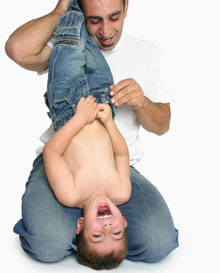
Praise your children for who they are and what they do well. Celebrate their small victories and share in their joy. A happy child who feels loved is far more likely to cooperate.
How much fun is nagging? How efficient is it? Bite your tongue every time you start repeating instructions to your child over and over again. Obviously, your way of communication isn’t very effective, so try another way! Positive reinforcement works better than nagging; instead, try clear communication with eye contact and a positive tone. When you give instructions, ensure you have their full attention—sometimes the tenth reminder is actually the first time they really heard you.
Balance every correction with five moments of praise. Children internalize criticism much more deeply than praise, so tip the scales in their favor.
One afternoon last summer, five-year-old Liam built an entire city out of wooden blocks. His mother watched, fascinated by his creativity. “Look at how tall you made that tower!” she exclaimed. Liam’s eyes lit up, and he dashed off to add even more to his growing metropolis. Liam’s experience is a perfect example of how celebrating small successes can fuel a child’s motivation and sense of accomplishment. Positive reinforcement, even in its simplest form, creates lasting imprints of confidence and joy.
According to an article published in Frontiers in Psychology in 2022 (see references below), parental warmth and positive reinforcement are linked to higher self-esteem and better mental health in children.
3. Handle Problems Immediately and Calmly
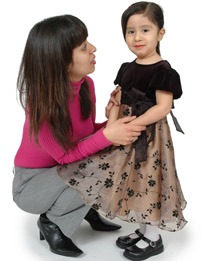 Children should never hear their parents say, “Why haven’t you got dressed yet, although I told you to 10 minutes ago? It is the same thing every day: you never listen to me. Are you deaf or something?”
Children should never hear their parents say, “Why haven’t you got dressed yet, although I told you to 10 minutes ago? It is the same thing every day: you never listen to me. Are you deaf or something?”
Yet many children do hear comments like that, and by that, they are taught that they do wrong all the time – only mom or dad doesn’t necessarily tell them all the time. Talk about walking on eggshells.
Children live in the moment (lucky them!), and the most effective way to address issues is in real-time and with minimal fuss. Rather than storing up irritations, a quick and gentle reminder with eye contact often resolves the situation. Imagine if your boss silently collected your mistakes only to unload them on you unexpectedly. Children thrive when they know where they stand without fearing unpredictable reprimands.
An article published in Journal of Education, Humanities and Social Sciences in 2022 (see references below) reports that positive parenting styles and consistent and calm discipline strategies are linked to higher self-esteem and better emotional regulation in children and adolocense.
4. Serve Your Children, Not Yourself

Our children aren’t here to boost our self-esteem; we are here to build theirs. Prioritizing their feelings over our own isn’t about self-sacrifice—it’s about conscious parenting. You can get away with acting selfishly and taking things personally for a while, but over time, putting your own interests and feelings above those of your children will inevitably push your children away from you. When a child shouts “I hate you” or “You’re mean,” it’s rarely about you; it’s about their own frustration and hurt. (Unless it is relevant feedback, of course.) When we respond with empathy instead of reacting defensively, we teach our children that their emotions are valid and safe to express. This builds trust and emotional resilience.
Conscious parents listen to what is behind their children’s tantrums. Empathy with your child’s overwhelming feelings will get you a lot further when it comes to connecting with your child, building your child’s self-worth, and helping them handle their emotions in less destructive ways than telling your child off or letting the harsh words hurt your self-esteem.
Your child is not responsible for your feelings. You are.
Prioritizing your children is not about losing your great career and all your hobbies (but maybe a couple of them). It is just as much about being present with your children whenever you have the chance, really present, and not thinking about what your boss said, what you’ll cook for dinner, or checking your emails.
A study from Harvard’s Human Flourishing Program published in Social Science & Medicine in 2019 found that parental warmth and attentiveness in childhood are linked to better life satisfaction and well-being in adulthood.
Whether you like it or not, you are your child’s role model. Act one!
5. Always Remember You Are a Role Model
Once upon a time, you were a child, too. A child afraid of darkness, afraid that mom and dad would disappear, envious of other children’s toys, feeling left out, and annoyed when your mom or dad told you to go to bed or turn off the TV. It wasn’t that long ago.
As adults and parents, we may often think that our children’s views are narrow-minded, that they lack perspective, and don’t know what’s best for them. So they should do what we tell them to. Because we know better.
Children watch everything. If you yell, they learn to yell. If you listen, they learn to listen. If you prioritize kindness and patience, so will they. If you only prioritize your own interests, feelings, and needs, they learn little about caring about others. Being a role model means showing them, not just telling them, how to handle life’s ups and downs. The way you handle everyday challenges becomes the blueprint your children follow. Be the example you want them to imitate.
The Journal of Child and Family Studies indicates that children whose parents model positive social behaviors tend to develop better social skills and self-esteem.
Whether you like it or not, you are your child’s role model. Act one!
Parenting isn’t about grand gestures; it’s about the quiet, everyday moments of presence, patience, and understanding. By:
- Prioritizing your children with undivided attention,
- Making them feel loved just as they are,
- Sharing laughter and joy in everyday moments,
- Communicating clearly and calmly,
- Responding with empathy and patience.
These small, everyday actions aren’t just fleeting moments; they are the building blocks of your child’s self-esteem and happiness. By choosing to be present, empathetic, and intentional, you’re not just shaping their childhood—you’re influencing the adults they will become.
Imagine what remarkable parents your children will be in the future…

More about Positive Parenting for Happy Kids
- Attachment Parenting For Babies
- Avoiding Power Struggles At Meals
- Bonding With Baby Q&A
- Attached at the Heart: 8 Proven Parenting Principles for Raising Connected and Compassionate Children (Link to Amazon)
- The 5 Love Languages of Children: The Secret to Loving Children Effectively (Bestselling book, link to Amazon)
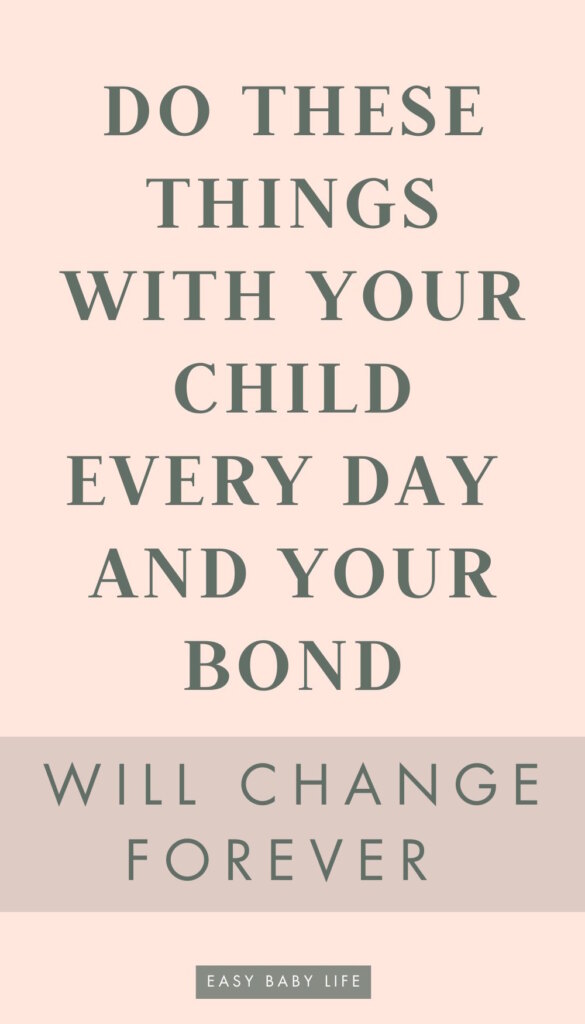
Research References
Izzo F, Baiocco R, Pistella J. Children’s and Adolescents’ Happiness and Family Functioning: A Systematic Literature Review. Int J Environ Res Public Health. 2022 Dec 10;19(24):16593. doi: 10.3390/ijerph192416593. PMID: 36554474; PMCID: PMC9778774.
Fuentes MC, Garcia OF, Alcaide M, Garcia-Ros R and Garcia F (2022) Analyzing when parental warmth but without parental strictness leads to more adolescent empathy and self-concept: Evidence from Spanish homes. Front. Psychol. 13:1060821. doi: 10.3389/fpsyg.2022.1060821
Kou, Siyi. (2022). The Relationship between Parenting Style and Self-Esteem in Adolescents. Journal of Education, Humanities and Social Sciences. 5. 307-312. 10.54097/ehss.v5i.2923.
Ying Chen, Laura D. Kubzansky, Tyler J. VanderWeele, Parental warmth and flourishing in mid-life, Social Science & Medicine, Volume 220, 2019, Pages 65-72, ISSN 0277-9536, https://doi.org/10.1016/j.socscimed.2018.10.026.
Share your thoughts below. Do you have any examples of when you used any of these parental habits for happy kids and what happened? I’d love to hear them!

Paula Dennholt founded Easy Baby Life in 2006 and has been a passionate parenting and pregnancy writer since then. Her parenting approach and writing are based on studies in cognitive-behavioral models and therapy for children and her experience as a mother and stepmother. Life as a parent has convinced her of how crucial it is to put relationships before rules. She strongly believes in positive parenting and a science-based approach.
Paula cooperates with a team of pediatricians who assist in reviewing and writing articles.

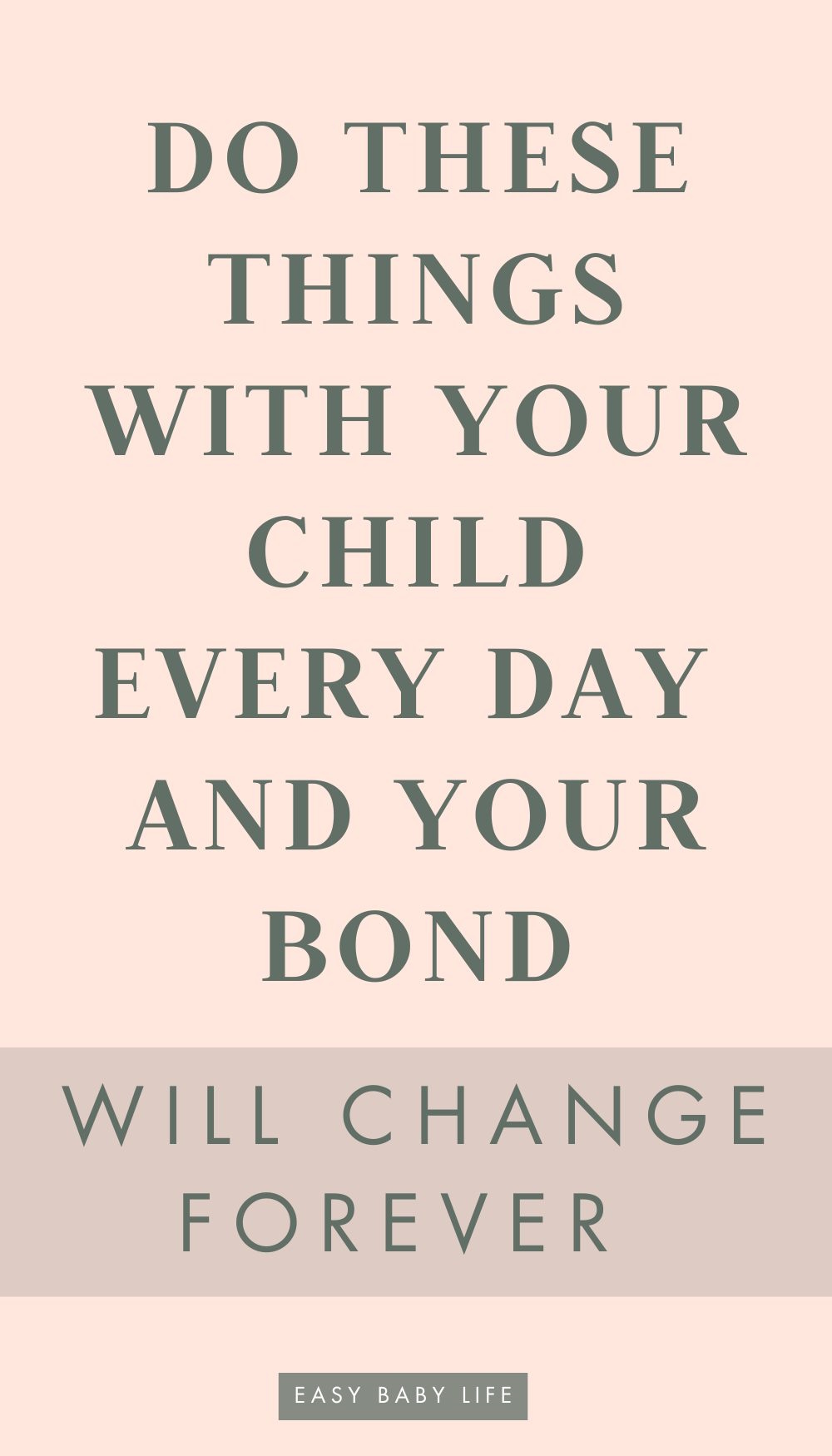
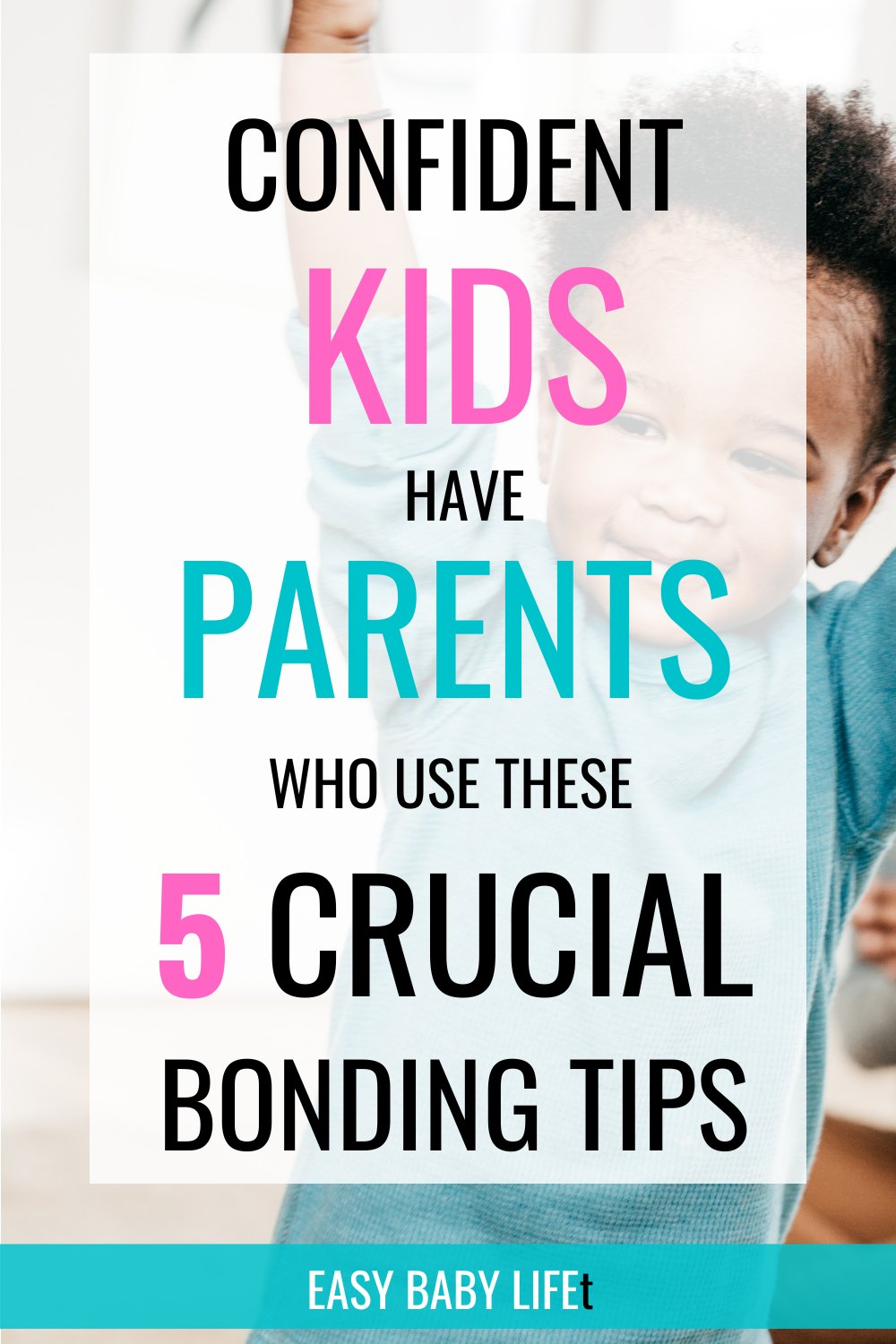






Hey!!
How thoughtful, you have got what it takes. Great Idea…
cheers
Emmaline Strimple
Thanks, Emmaline! :-)
thanks for documenting it. I feel spending time and listening to the crazy question is most important.
These are some great tips. It’s important to be engaged and to communicate rather than talk at them.
So so true.
Thanks, Marian!